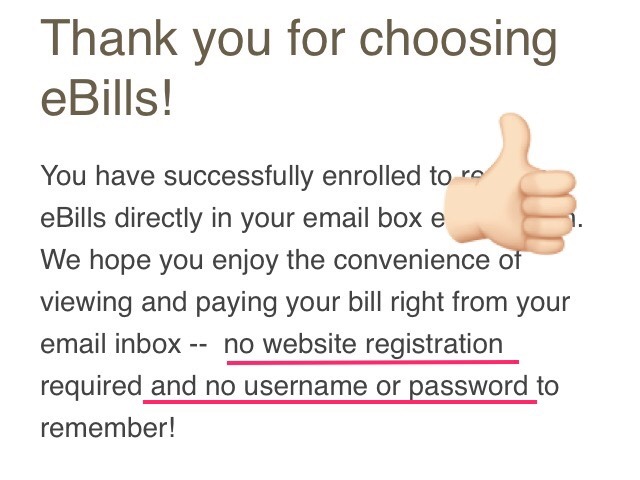Apple helps IBM design enterprise apps by starting projects with a three-day workshop in which they work out the key aspects of the app.
When IBM gets an order for an app such as Passenger+ from one of its enterprise clients, it invites key members of the client’s team in for a three-day workshop at Apple’s Cupertino campus. At the beginning of Passenger+ development, Air Canada sent IT people, managers, and flight attendants to the workshop to hash out the basics.
This is similar to the process we use at Appiphony. Though there isn’t time to sort out every tiny detail in a few days, the group has reached consensus on the core elements of what the app will do and how it will work.
Note the emphasis on talking to the actual end users of the app.
In addition, Apple requires that end users from the client—such as flight attendants in the case of Passenger+—are there to provide their unique view of what they need from an app. The company believes that this step is essential for prompting an immediate “Oh I know how to use that” reaction from the people who will actually use an app, one app designer told me. It also cuts way down on the training time needed to initiate new users.
Miller-Sylvia told me that this insistence from Apple doesn’t always play well. “You can’t imagine how much push-back we get from the client, because the managers think they know,” she says. But “all of the transformation comes from the end users being involved. There’s so many things that they do, and the managers end up getting surprised in the sessions and saying, ‘We had no idea.’”
During one workshop, one of the end users explained: “When I need to do that, I just write it on my hand,” Sylvia-Miller recalls. “And the manager was like, ‘you what?!’” It’s exactly this kind of nitty-gritty day-to-day work reality that gets exposed during the three-day workshops—things a middle manager might never know about.
It’s odd how this is seen as problematic given that it costs so little in time and money, and almost every company talks with customers after products are delivered to gauge customer satisfaction, Net Promoter Scores, etc.



